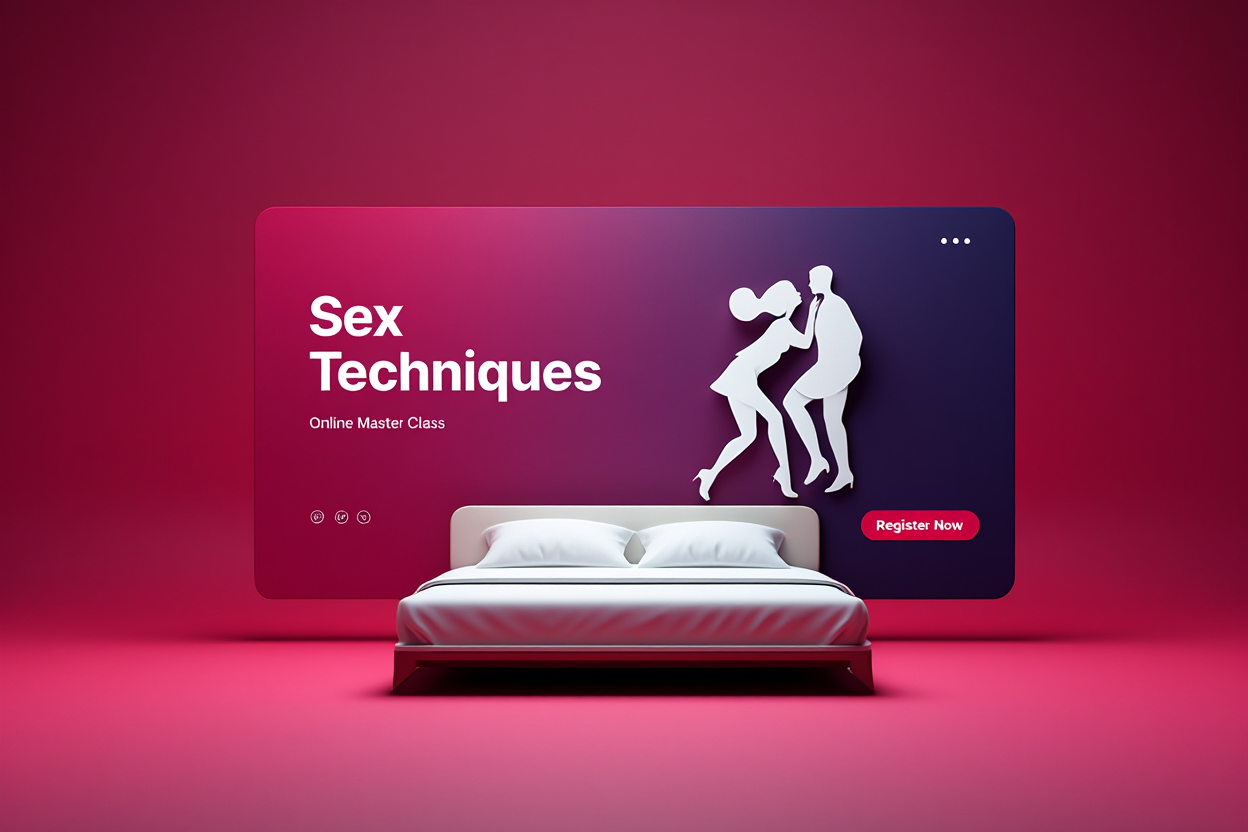Currently Empty: $0.00

 Klara Olofson
Klara Olofson- 9 January 2024
- Comment 4
The orgasm is often seen as the grand finale of sex — a moment of release, intensity, and pleasure. But behind the moans and shivers lies something fascinating: the human body’s complex biology and psychology working together. Understanding the science of orgasm isn’t just academic — it can help you (and your partner) unlock more satisfying, connected, and powerful experiences in bed.
🔬 What Actually Happens During an Orgasm?
When arousal builds, your body enters a cycle of physiological changes. Muscles tense, blood flow increases, and nerve endings fire rapidly. At the peak, the brain releases a cocktail of feel-good chemicals, including:
Dopamine – the reward chemical, giving you that surge of pleasure.
Oxytocin – the “bonding hormone,” creating intimacy and connection.
Endorphins – natural painkillers that leave you blissfully relaxed.
This chemical mix explains why orgasms feel so good — and why they can deepen emotional bonds.
🧠 The Brain vs. The Body
While the body responds to physical touch, it’s actually the brain that decides whether or not you reach orgasm. Stress, anxiety, and distractions can block orgasmic response even if physical stimulation is present. On the other hand, fantasy, emotional connection, and feeling safe can trigger powerful responses.
Simply put: your brain is your biggest sex organ.
🔥 Different Types of Orgasms
Many people think of orgasm as one single experience, but in reality, it varies:
Clitoral orgasm – achieved through clitoral stimulation; the most common orgasm for people with vulvas.
Vaginal orgasm – involves deeper stimulation, often linked to the G-spot or A-spot.
Penile orgasm – ejaculation is common, but not required.
Blended orgasms – multiple erogenous zones stimulated at once.
Full-body orgasms – achieved through breath, energy work, or tantric practices.
Exploring these variations can expand your sexual world far beyond what you thought was possible.
❤️ What Your Body Really Wants
At the core, your body doesn’t just want stimulation — it craves:
Relaxation. Stress is the biggest orgasm blocker.
Trust. Feeling safe allows you to let go.
Communication. Expressing what feels good increases satisfaction.
Exploration. Trying new techniques, positions, and fantasies keeps the spark alive.
Your body wants you to listen to it, honor it, and allow pleasure to unfold without pressure.
✨ Turning Science Into Satisfaction
The more you understand how orgasms work, the more empowered you become to experience them fully. By combining knowledge of biology with curiosity, communication, and play, you can transform your intimate life into something deeply fulfilling.
Ready to Go Deeper?
At Erotiverse, we offer expert-led courses that teach you how to connect with your body, enhance pleasure, and explore the full spectrum of orgasmic potential.
👉 Discover the science of pleasure today — your body will thank you.



Alex Mohr
I really enjoyed this post. Very exciting article!! Lorem ipsum is dummy text used in laying out print, graphic or web designs.
Mark Alen
Grateful for your kind words! Thrilled to hear you found value in the insights. Your support means a lot. Thanks!
Hanna Ben
Inspiring education blog! Illuminating perspectives on effective teaching. Practical insights and innovative approaches make this a must-read for educators seeking impactful strategies. Bravo!
Tom Hardy
Captivating education insights! This blog offers refreshing perspectives on effective teaching methods, making it a valuable resource for educators and learners alike. Well done!